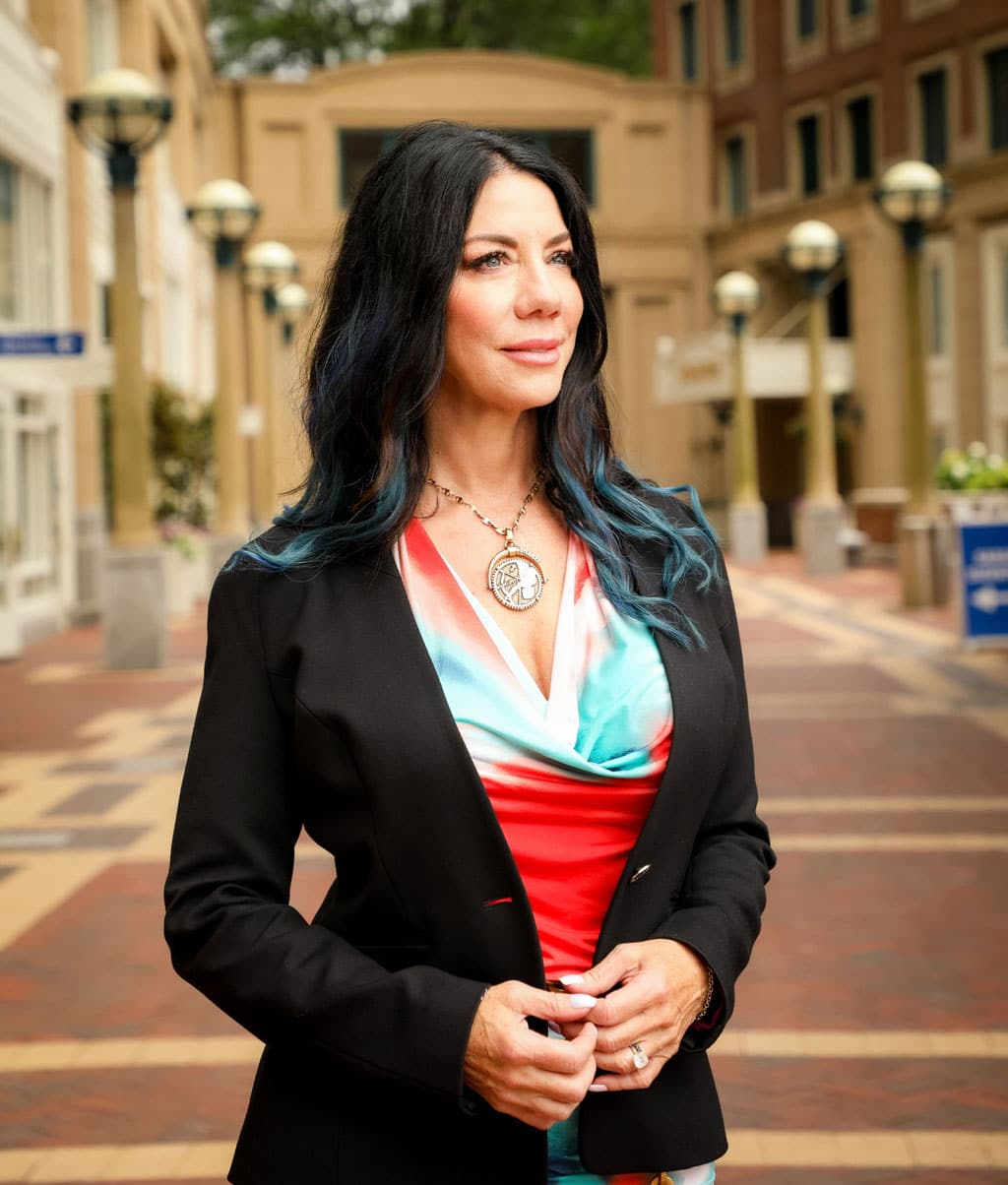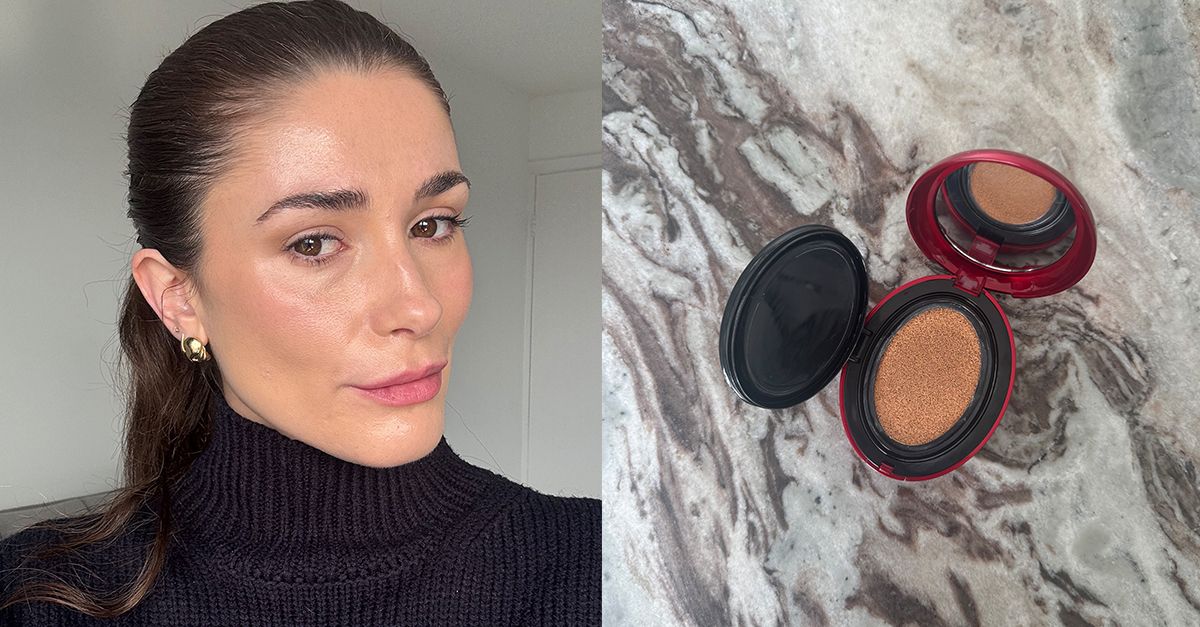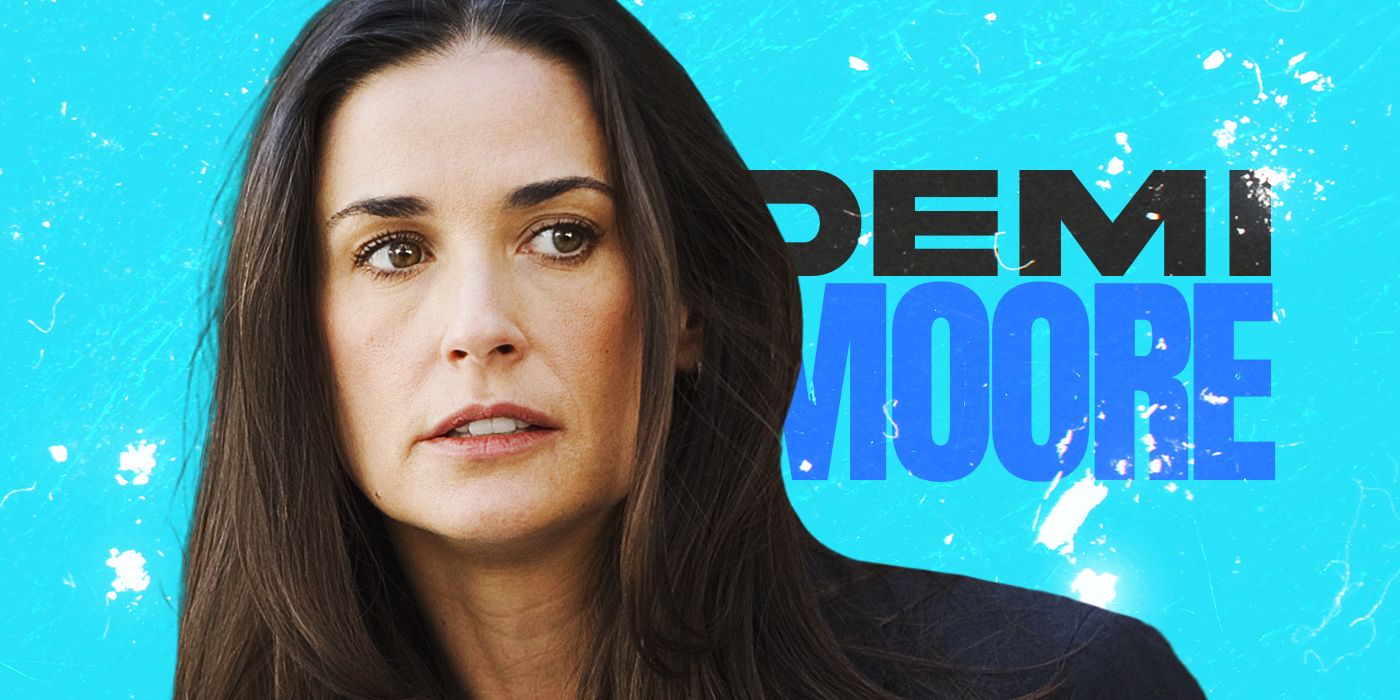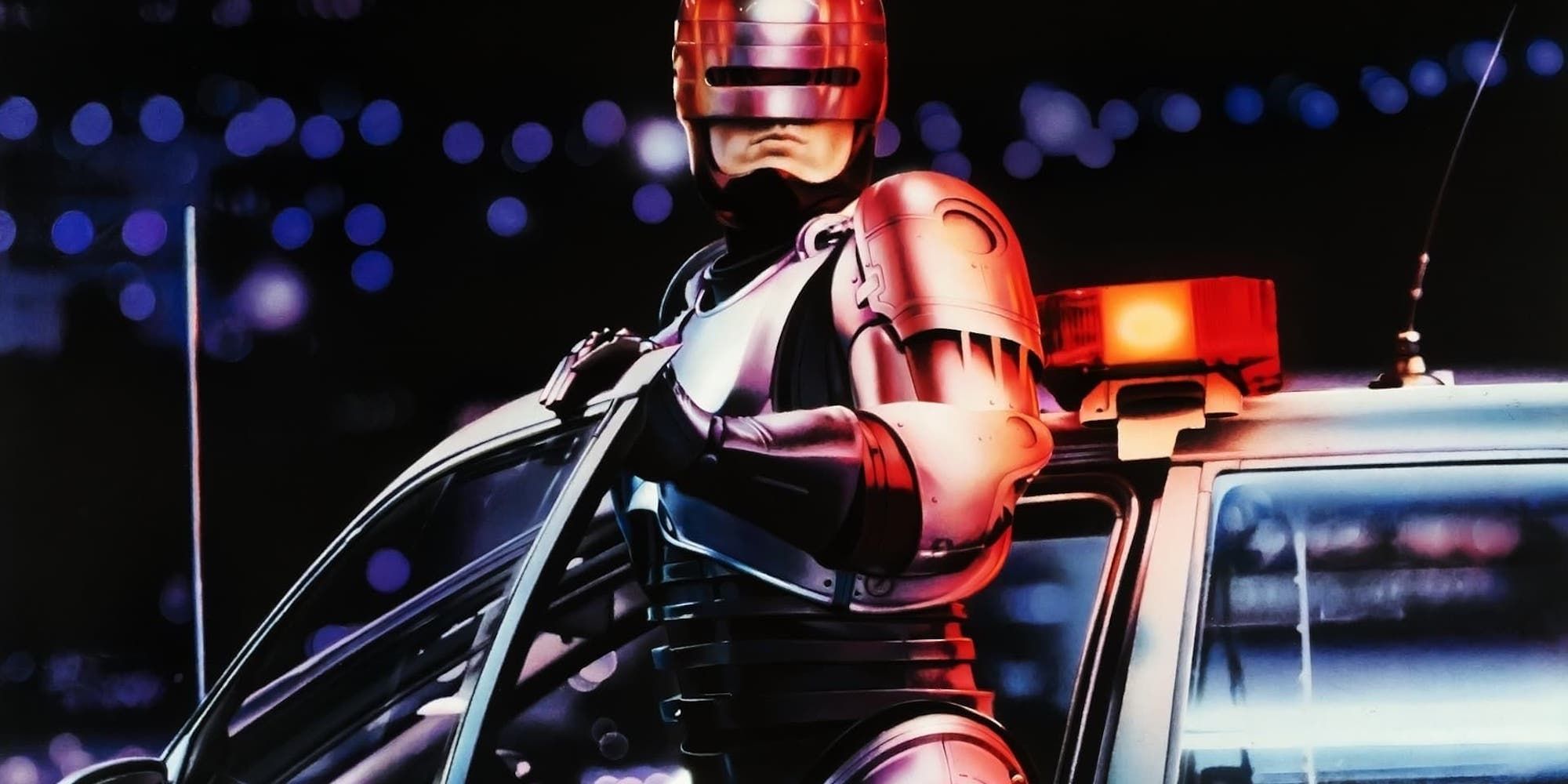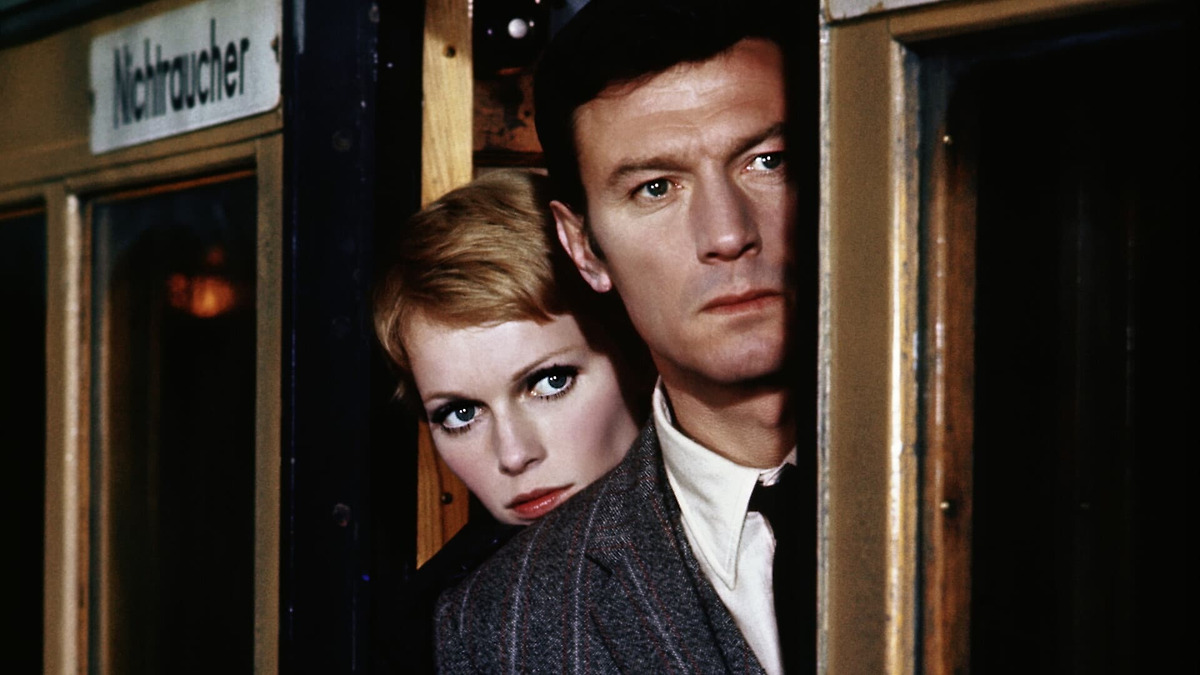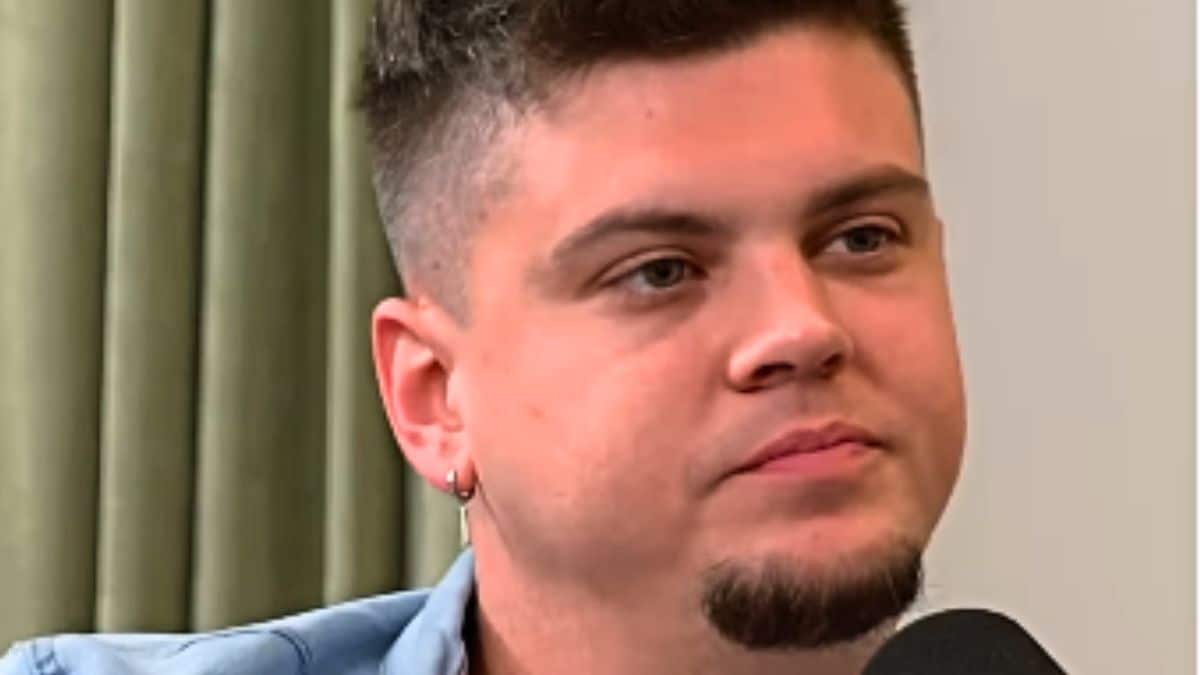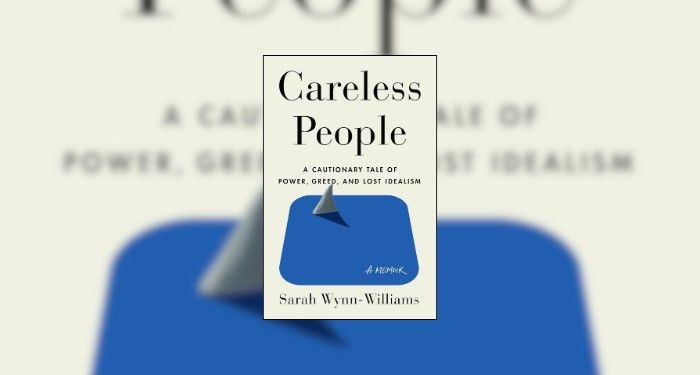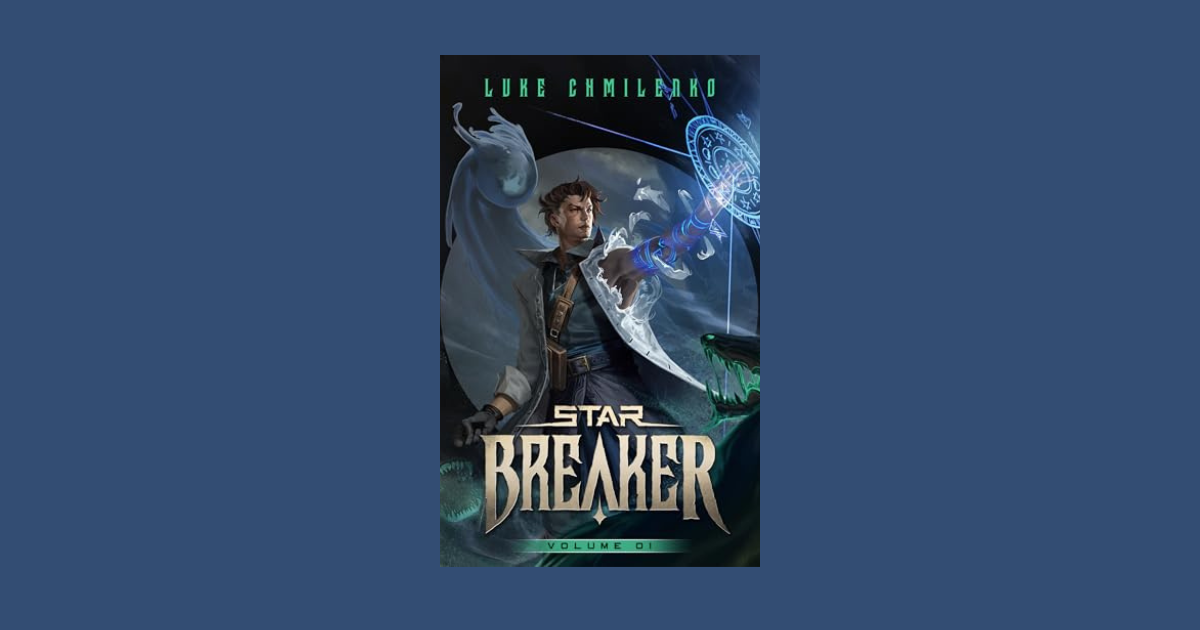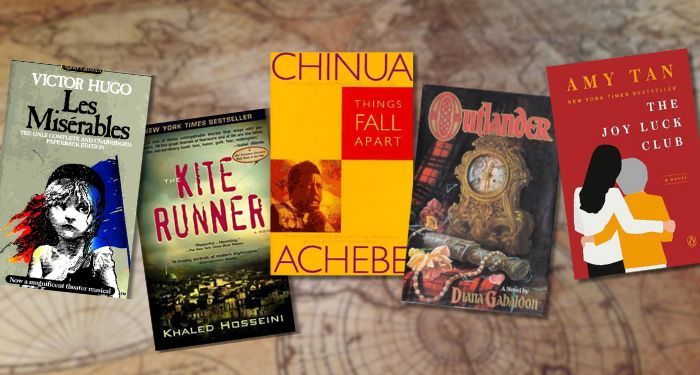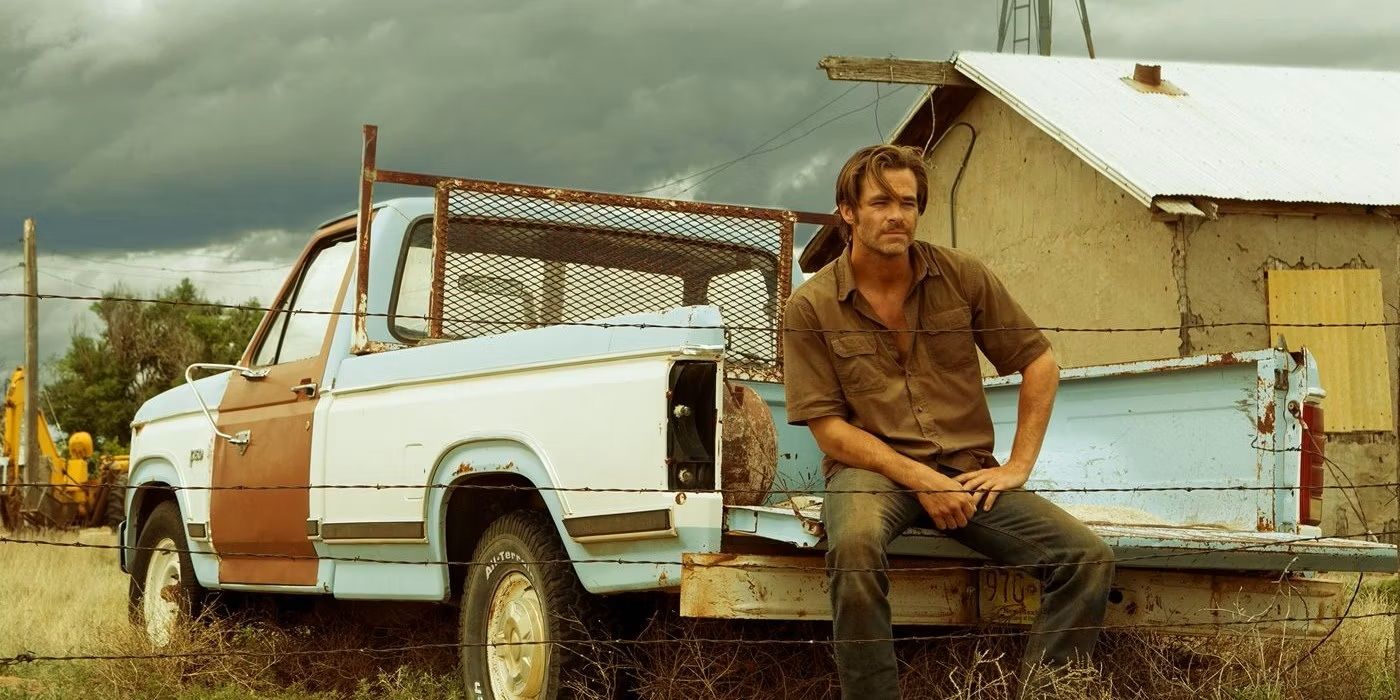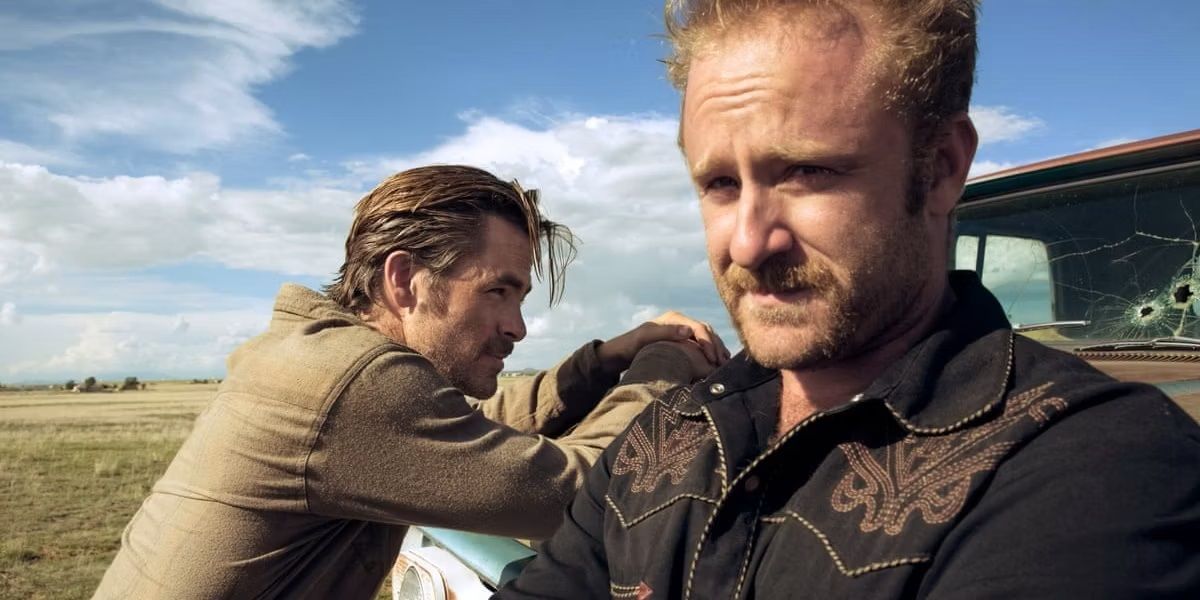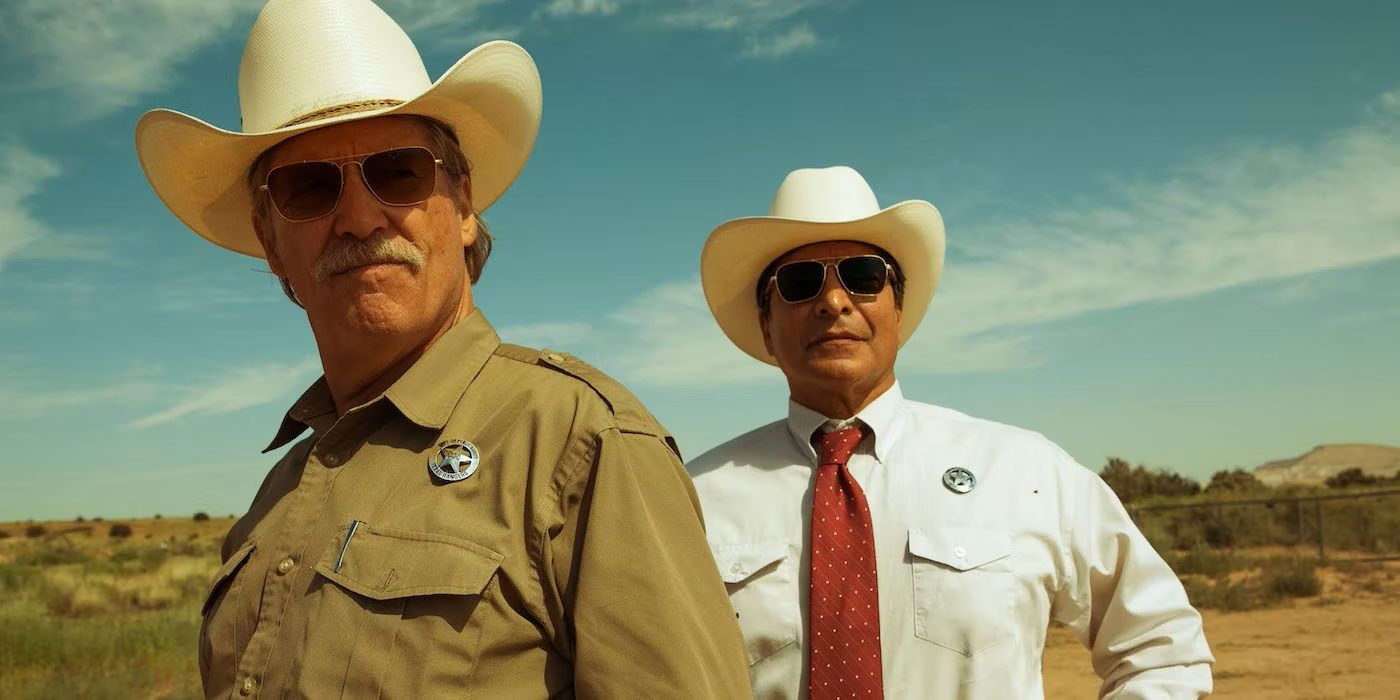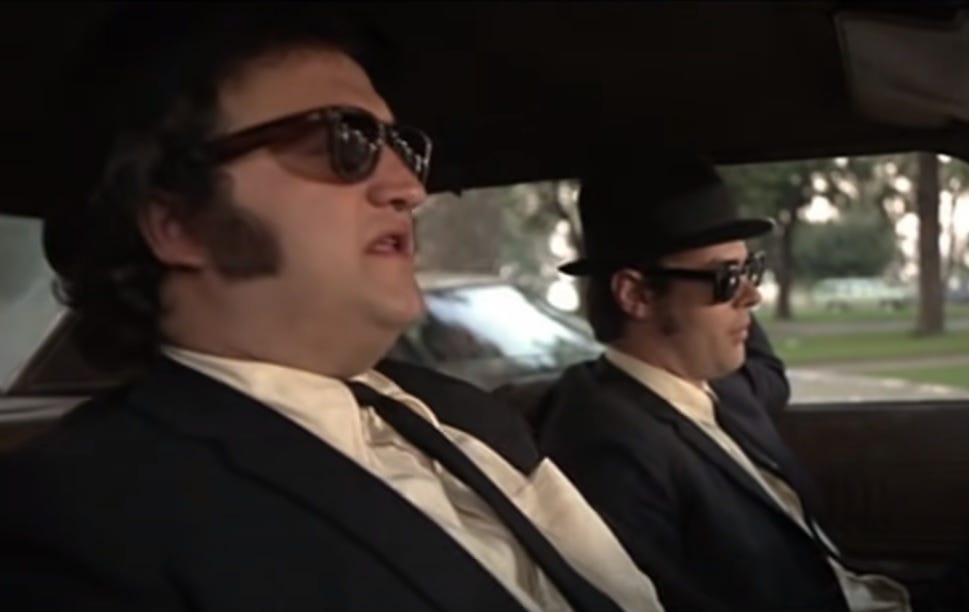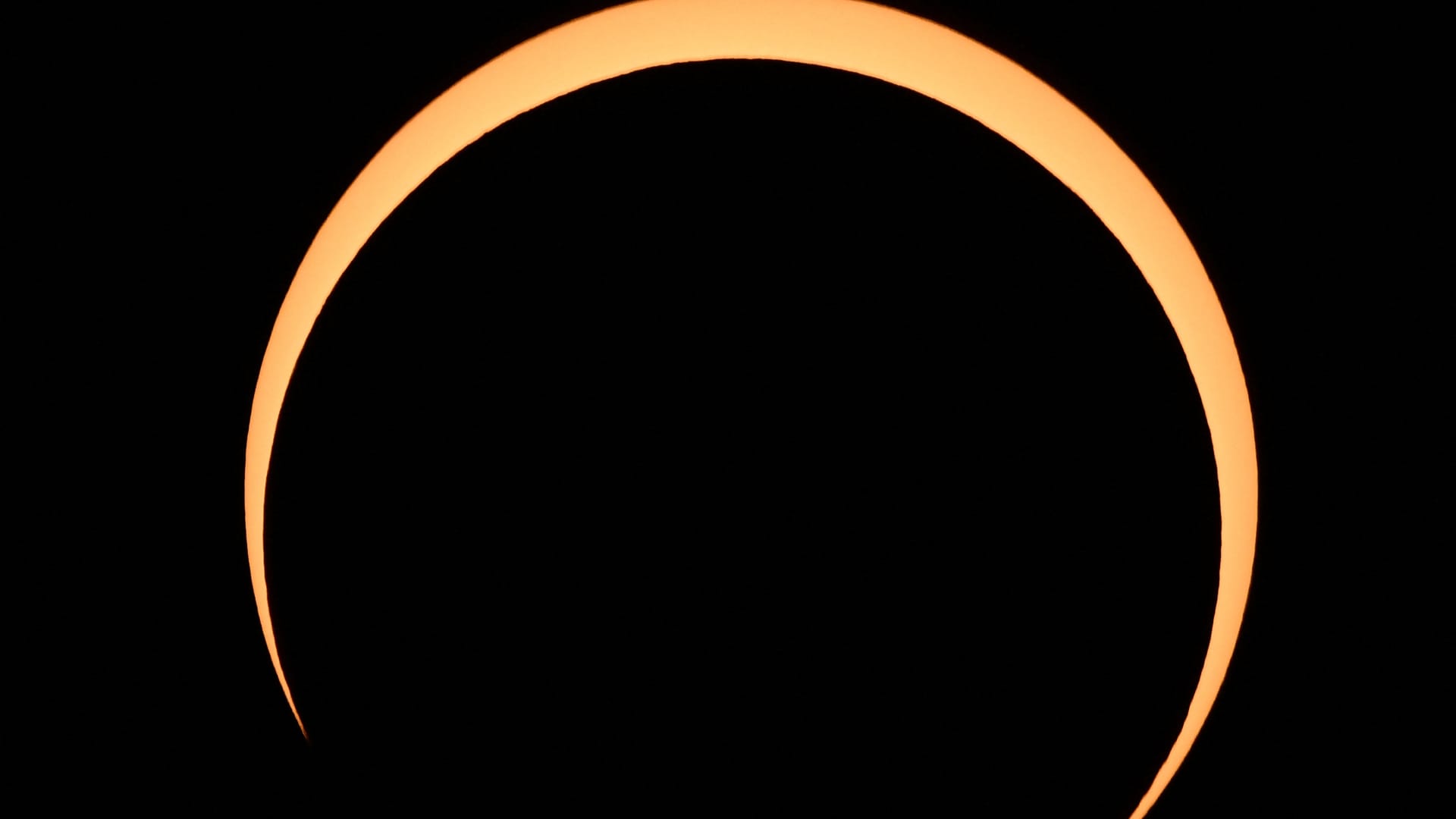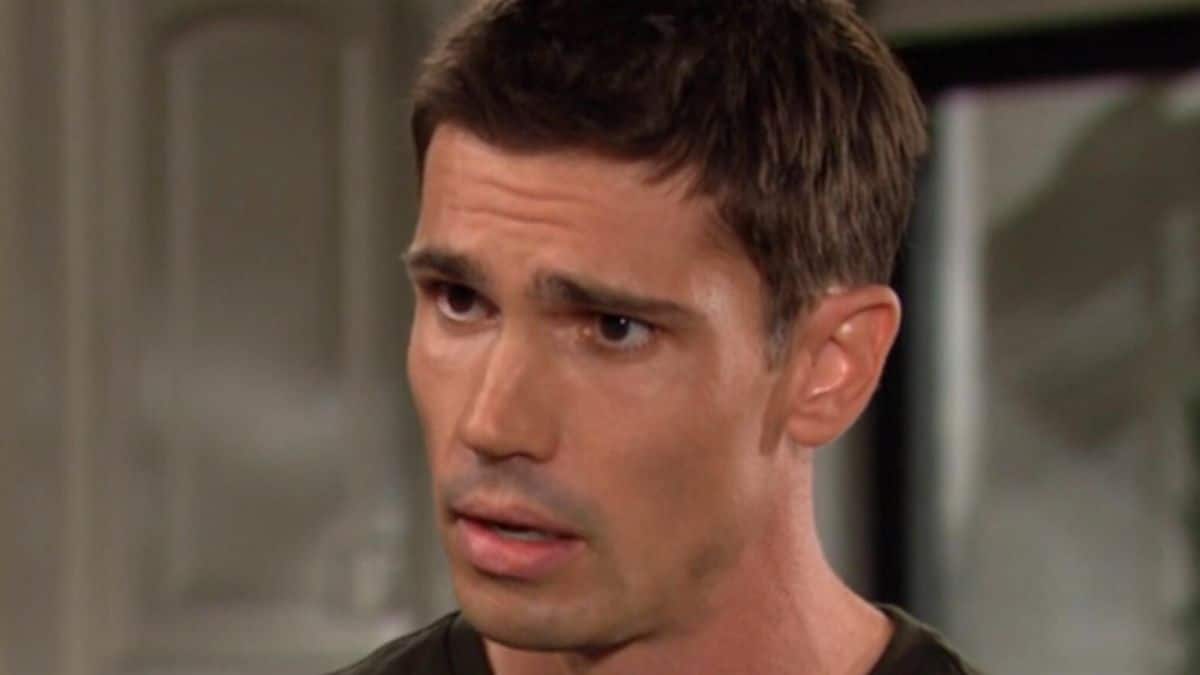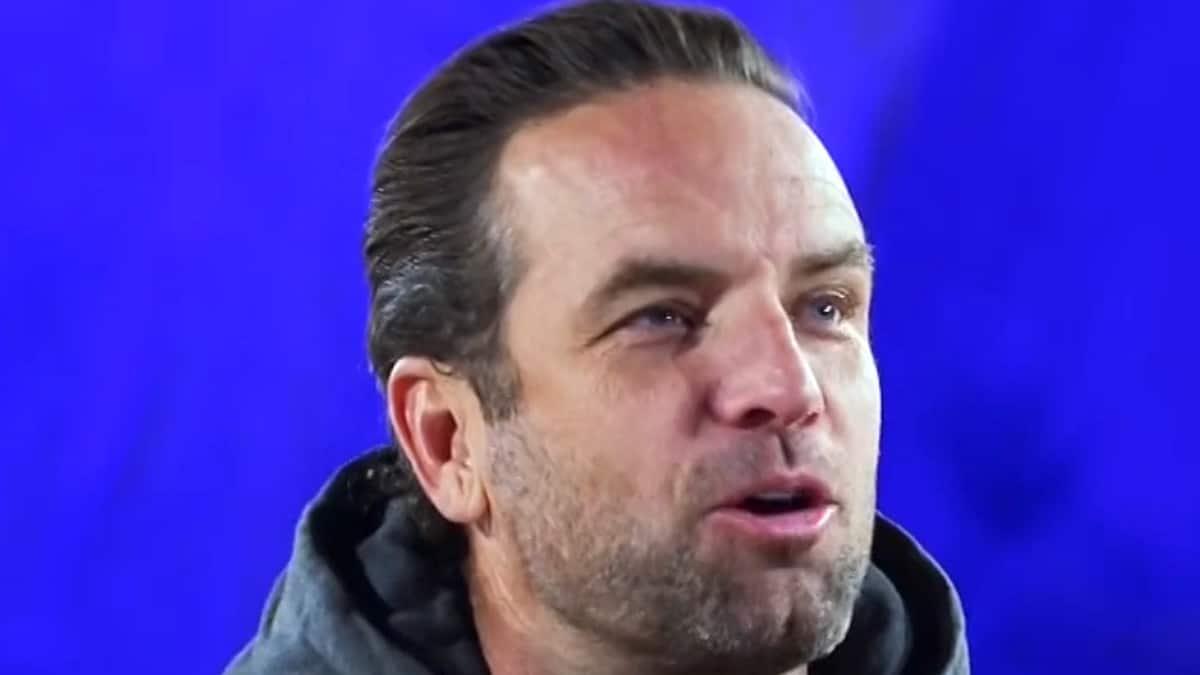Okay, Taylor Sheridan, we’d like to make a statement and follow it up with a request. We know you are busy with your ever-expanding Paramount family of shows, which includes Tulsa King, Mayor of Kingstown, Lawmen: Bass Reeves, and, of course, Yellowstone. But, we think that it is high time that you, the master showrunner and screenwriter that you are, should cut bait and dive back into the element that you are so very adept at. Specifically, gritty neo-Westerns that have both non-stop action and skillfully crafted, well-rounded characters that we can get fully invested in.
We’re thinking of three films in particular that the talented scribe has made for movie audiences, like the superb border thriller Sicario, the underrated Wind River (Jeremy Renner should have been nominated for an Oscar for this one — a colossal snub), and especially the masterpiece of neo-Westerns that is Hell or High Water. To be clear, this article will make no bones about the fact that it is imploring Sheridan to leave Yellowstone behind and seek out greener, more lush pastures with a focus on Hell or High Water, the crime, heist, and psychological tour de force wrapped into exactly one hour and 42 minutes of Western cinema goodness. It’s Sheridan’s version of Michael Mann‘s Heat on the Texas Plains.
‘Hell or High Water’ Is Taylor Sheridan’s Best Work
Everything Sheridan creates takes place or is filmed in the Lone Star State at some point (although he’s starting to get pretty familiar with Wyoming at this point). Whether it be television hits like Yellowstone, 1923, and 1883, or the big screen ventures mentioned above. There is absolute axiomatic truth in the saying, “write what you know” and Sheridan knows Texas like the back of his hand. Born in Cranfills Gap, which is about 90 miles southwest of the Dallas/Ft. Worth Metroplex and on the edge of the hill country in central Texas, the wrangler has grown up on ranches very much like the ones we have grown to love in his shows. He’s the real deal, the genuine article. There is no need for augmenting the scenic acreage of Yellowstone or 1923 with an unnecessary, anachronistic aesthetic because he’s already been there and knows exactly what a true rustic ranch like the 6666 in Yellowstone should look like. More importantly, he knows how to write a script with organic dialogue because he has grown up in boot spurs using the vernacular.
What makes Hell or High Water among the best neo-Westerns ever, you ask? No, it’s not the edge-of-your-seat thrills of the bank heists or the car chases, or the maelstrom of gunfire flying around. It’s not the clever psychological cat-and-mouse games going on between Toby and Tanner Howard (Chris Pine and Ben Foster), brothers who play neo-Frank and Jesse James-type criminals on the lam and the two salty Texas Rangers on their tails (Jeff Bridges and Gil Birmingham). These are all stellar aspects of the film, just so you know (which you do if you’ve seen it). It’s the exceptionally rich and keen development of the relationships between both pairs that make the movie pop off the screen. And even the best actors, which these four certainly are, need good writing that they can really sink their teeth into. Something beefy that gives the performer a solid foundation from which to take the character to the next level.
Chris Pine and Ben Foster Are Exceptional Antiheroes
Neither of these boys can seem to get their shit right, and things only get more desperate when their mother is close to death in the small family ranch house. Toby is a divorced father who is way behind on his child support and Tanner is a career criminal who quit caring about morality a long time ago. He only loves one thing — his brother, Toby. Tanner is also fresh out of the joint when he reunites with his brother and the two set about their quest to rob enough banks and steal enough money to pay off the liens on the family ranch and maybe leave Toby’s two sons a little something extra for once.
Neither are Rhodes scholars, but Sheridan writes them in a way that makes both characters sympathetic to the point that, before you are even aware of it, you’re rooting for them to break each and every law they can in order to achieve a noble pursuit. Pine and Foster mesh like grits and gravy as the ride-or-die siblings who have a somewhat quixotic vision of making their way in the world. There are parts written by Sheridan that make you wonder if they are even concerned with being caught, or will take any measure necessary to accomplish their goal. These two halves of the same whole are a couple of the best-scripted brothers in neo-Western history, and give credit to not only Sheridan but Pine, Foster, and director David Mackenzie for bringing them to life.
Taylor Sheridan Knows How To Write Complex Relationships
The two Texas Rangers who land the task of wrangling the Howard brothers have a very complicated relationship. Marcus Hamilton (Bridges) is near retirement and has a colorful and sometimes uncomfortable way of communicating with his partner Alberto (Birmingham). West Texas is both an easy and at the same time overwhelmingly daunting place to solve a crime. Even when your targets are reckless with a devil-may-care attitude, Midland, Texas, and the area surrounding it is vast with wide open prairies as far as the eyes can see. The upside is there aren’t a lot of banks and people to canvass during the investigations, but it’s still difficult because there is just so much freaking land to cover. Bridges is always good, but in Hell or High Water, his polecat swagger and uneasy racial exchanges with his Native American partner Alberto work, only because you know that neither of them takes it seriously and would take a bullet for the other. (Spoiler Alert: one of them actually does take a bullet.) Sheridan walks a high wire with the dialogue between Marcus and Alberto, but by the end of the movie, he provides an impactful and sobering landing spot for the two.
There are a couple of exchanges that prove that Sheridan has made just about all the stops throughout the great state of Texas. One of the best is the scene where Marcus and Alberto sit down in a tiny Midland diner and try to order a meal from the “rattlesnake” of a waitress who we are pretty sure isn’t acting at all when she asks them, “So, what don’t you want!?” The two lawmen are confused as the old, dyspeptic waitress explains, “I’ve been workin’ here for 44 years ain’t nobody ever ordered nothin’ but a T-bone steak and baked potato. Except for this one asshole from New York who tried to order trout back in 1987. We don’t sell no damn trout! So either you don’t want the corn on the cob or you don’t want the green beans! So what don’t you want!?” This is the kind of dialogue that we want to see Sheridan get back to writing, leave all that Kevin Costner nonsense in his dusty rearview mirror, and get behind the typewriter creating more scenes like the exhilaratingly reserved but emotionally charged exchange between Toby and Marcus in the movie’s final scene.
The Big Picture
- Taylor Sheridan should leave Yellowstone and return to writing gritty neo-Western films for the big screen, like Sicario, Wind River, and Hell or High Water.
- Sheridan’s knowledge of Texas shines through in his storytelling and creates authentic and organic dialogue.
- Hell or High Water stands out among neo-Westerns due to its exceptional character development and the complex relationships between its antihero brothers and the Texas Rangers on their trail.



















